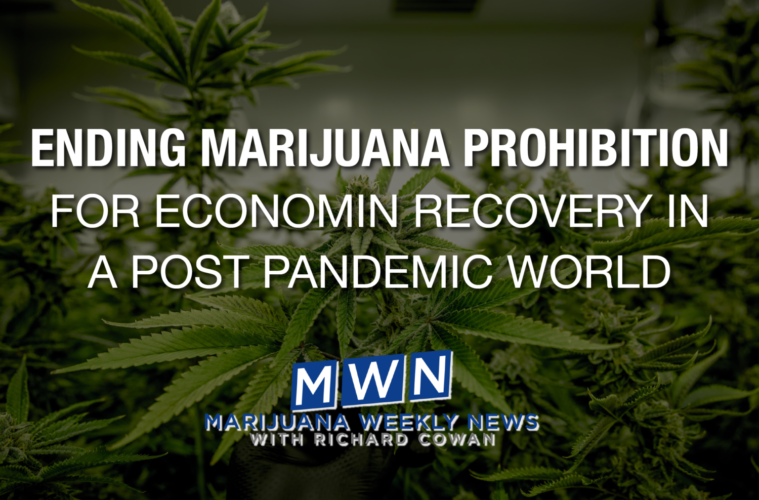The Drug Warrior takeover of the Trump administration now seems complete with the ban on CBD use by the military because it might interfere with marijuana testing.
The MarijuanaMoment.net website reported the new policy calling it “little-noticed,” which is an accurate but ironic description of what should have been widely announced, if it was meant to inform members of both the active duty and reserve military about something so important.
The Department of Defense (DOD) announced the new policy in February, banning all active and reserve service members from using hemp products, including CBD.
Ironically, it comes at the same time the NBA says it won’t be testing for marijuana, which is technically still banned, while the teams are “locked down” in Disney World.
NBC News reported in February that between 50% and 85% of NBA players use cannabis products.
The DoD is concerned about the military using a substance used by more than half of America’s greatest athletes, while Military.com reports that the U.S. is having a hard time finding physically fit recruits.
The DoD’s policy banning all “hemp products” is supposedly aimed at protecting “drug testing” for marijuana. Marijuana prohibition seems to cause long-term memory loss, so the DoD may have forgotten that until 2004 the DEA was trying to block even hempseed oil from the U.S. because it might interfere with drug testing. It even opposed use of hemp seed oil in soap and skin care products.
The absurdity of the prohibitionist ideology was (and apparently still is) such that in 2004, the Air Force had to issue a press release saying “that hemp skin care products are ‘not prohibited’ under a policy dating back to 2001 that bans ingestion of hemp foods by Air Force personnel.”
Of course, alcohol use is not prohibited in the military even though it is a serious problem:
“Young adults in the military are more likely than their civilian counterparts to engage in heavy drinking. For example, Ames and Cunradi (2004) found that rates of heavy drinking were significantly higher among male military personnel aged 18 to 25 years (32.2 percent) compared with male civilians in a similar age range (17.8 percent). The researchers also found significantly elevated rates of heavy drinking among women in the military compared with similarly aged female civilians (5.5 percent). In addition to demographic factors, military-related stressful events also may contribute to the high rates of problem drinking observed.”
On the other hand, a Google search for “U.S. military problems with marijuana” yields nothing comparable, but plenty of warnings that marijuana use, even in states with legal marijuana, by U.S. military personnel is prohibited.
Of course, millions of Americans have used CBD to deal with various health problems, including alcoholism, but the Trump administration is banning the use of a product that might help with a real problem in order to prevent the use of a plant that has not caused any reported problems.
A National Institute for Health report on the Therapeutic Prospects of Cannabidiol for Alcohol Use Disorder and Alcohol-Related Damages on the Liver and the Brain:
“Experimental studies find that CBD reduces the overall level of alcohol drinking in animal models of AUD by reducing ethanol intake, motivation for ethanol, relapse, anxiety, and impulsivity. Moreover, CBD reduces alcohol-related steatosis and fibrosis in the liver by reducing lipid accumulation, stimulating autophagy, modulating inflammation, reducing oxidative stress, and by inducing death of activated hepatic stellate cells. Finally, CBD reduces alcohol-related brain damage, preventing neuronal loss by its antioxidant and immunomodulatory properties.
Conclusions: CBD could directly reduce alcohol drinking in subjects with AUD. Any other applications warrant human trials in this population. By reducing alcohol-related steatosis processes in the liver, and alcohol-related brain damage, CBD could improve both hepatic and neurocognitive outcomes in subjects with AUD, regardless of the individual’s drinking trajectory. This might pave the way for testing new harm reduction approaches in AUD, in order to protect the organs of subjects with an ongoing AUD.”
Now, consider the irony here. The United States military has been seriously over-extended for decades fighting what President Trump rightly calls “our endless wars,” but none of them have lasted longer than the so-called “War on Drugs.”
The “Thanks for your service” that is proffered so casually seems meaningless when contrasted with how we treat the most heroic who have suffered so badly. The Trump administration has consistently opposed efforts to make medical marijuana available to disabled veterans.
See: As Trump Wages War on Marijuana, Veterans Side With Pot
Now he is even blocking the use of a non-psychoactive medicine, because it might interfere with the prohibitionist police state. The Drug Warriors takeover of the Trump administration is now complete.
The good news is that it is not difficult to find CBD products that have been independently tested for THC, so…
Richard Cowan is a former NORML National Director and co-founder of Blue Ribbon Hemp for Seniors.
Advertising disclosure: We may receive compensation for some of the links in our stories. Thank you for supporting LA Weekly and our advertisers.

